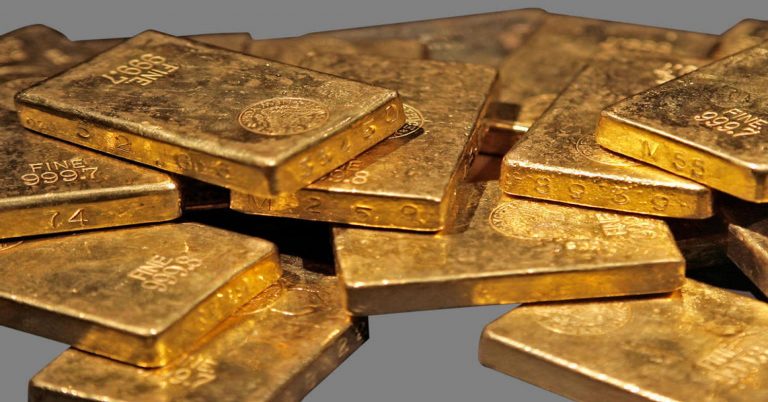
Value Of Earth’s Stock Markets Reaches $90 Trillion
Just $910 trillion to go before we have to start using the word “quadrillion” in reference to stock valuations. The dizzying number has a lot to do with central banks around the world, which continued to print money at breakneck speed for the 11th year since the last financial crisis. In 2019, a total of $17 trillion was added to the planet’s stock markets, at least nominally, but of course if everyone tries to cash in, all of that value will vanish in a puff. The European Central Bank continues to maintain interest rates in negative territory throughout the Eurozone, and Switzerland, Japan, and parts of Scandinavia all remain in negative territory as well. Germany already has negative deposit rates and could go even deeper into negative territory in 2020. The biggest rally in equities was focused on the United States, which saw the S&P 500 (NYSEARCA:SPY) and the Dow (NYSEARCA:DIA) rise more than 20% for the year. Apple (NASDAQ:AAPL) was up 80% and Facebook (NASDAQ:FB) climbed 57%.
Precious Metals Jump Just Before Christmas
Gold (NYSEARCA:GLD) and silver (NYSEARCA:SLV) pushed higher on Christmas eve and are both up this morning, past the $1,500 mark. This could portend a bullish 2020 for precious metals as central banks may start to lose control of the monetary system in the coming decade. Byron Wien of Blackstone (NYSE:BX) says as much in a bit of an undertone, saying gold has a “chance to be an interesting investment” for next year. He didn’t say anything substantive more than that. Gold pushed through $1,500 level before falling to $1,499 at the close of Christmas Eve trade, but has now broken through again. The metal has been correcting since early September, but gold equities have been relatively steady by comparison. January has historically been one of the strongest months of gold buying, and it’s already at new all time highs in most major currencies with the exception of the US dollar.
African Swine Fever Creates Poultry Problems in China
China’s African swine fever problem that has decimated pig populations throughout the country and doubled the price of pork, so now people are moving to poultry, causing strain among Chinese chicken farmers. The price of chicken has risen by 27% due to the extra demand. The problem is that pig farmers don’t really know how to raise chickens so they are of lower quality, commanding lower prices than actual chicken farmers can afford to sell at and pricing them out of the market, further hurting the poultry supply. The swine epidemic is starting to ebb in China, but the effect on prices could still have a while to go before the market equilibrates again.
Boeing Documents Under Review “Very Disturbing”
According to a congressional aide reviewing a batch of documents sent to Congress by Boeing (NYSE:BA), they paint a “very disturbing” picture. “Similar to other records previously disclosed by Boeing, the records appear to point to a very disturbing picture of both concerns expressed by Boeing employees about the company’s commitment to safety and efforts by some employees,” said the aide who spoke on condition of anonymity. Boeing proactively brought the documents to Congress in an effort to present full disclosure and get the 737 MAX back in the air as soon as possible. The effort may have backfired. The Justice Department already had access to these documents and is conducting a criminal investigation alongside Congress’s own efforts.
El Erian Worried About Europe Above All Else
Mohamed El Erian is leery of the future. The Allianz chief economic advisor believes the world is at a tipping point. Faith in the global economy depends on it being able to be weaned off dependence on central banks, which is pretty much impossible at this point, which El Erian pretty much admitted in so many words. Monetary policy has to be handed off to fiscal policy, he said, but was unclear if that meant spending cuts or spending increases. El Erian doesn’t see the next ten years as remotely as positive as the 2010-2020 period post financial crisis. “As good as the ‘New Normal’ was for the last ten years, I don’t think it will continue during the next ten years”, says Mr. El-Erian in an interview with The Market. He is also not particularly optimistic about the so-called phase one trade deal with China. “I’m not as optimistic as others that the mini-deal between China and the U.S. will lead to a long-term resolution. We have weaponized the economic tools, and the minute you do that, it’s very hard to step back.”




